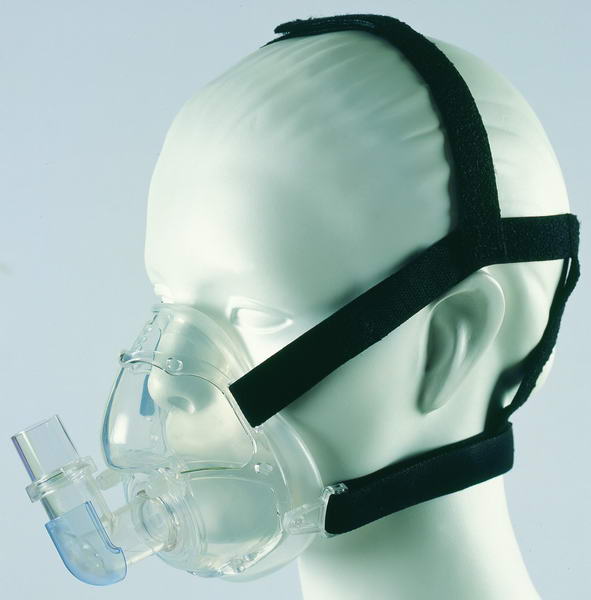Wednesday, February 17, 2016
CEREBRAL PALSY STORIES: The Most Interesting Sleep Machine
We all know that eating a well-balanced along with regular exercise are some of the keys to living a healthy, happy life for anybody. Most of us also know that maintaining a healthy diet and getting regular exercise is not always easy for any number of reasons we come up with.. That is not breaking news. As the title of this post mentions however, I'm not going to write a in-depth guide about diet and exercise Instead, I'll touch on a third element of overall health and wellness. That is a good night's sleep.
First off, I have to say that it wasn't until about a year ago this time when I learned just how important sleep is to someone's overall health firsthand. As I've mentioned before, I can't really speak for anybody who doesn't have a disability in terms of what effects a lack of sleep can have on their health, but for other members of the disabled community, I'm here to tell you that there are different treatment options for a good well-rested night of sleep. It is also important for the disabled community to consider that not having a good night's sleep over an extended period of time can have an impact on not only your physical health but your mental health as well.
For the mental health aspect, it is important for those individuals with disabilities to not be afraid to speak up to a family member or caregiver if something is bothering you. That is one skill I've gotten better at particularly over the last year when I started having my own mental health issues that stemmed from a lack of sleep.
Over the last year, I went to a psychologist when my sleep deprivation issues started roughly around April of 2015, which included hallucinations and emotional outbursts that didn't make sense. At the end of those sessions, I had been diagnosed with Insomnia. For those that may not know, Insomnia is defined by Web MD as a sleeping disorder that is characterized by difficulty falling and or staying asleep
During this time, I also started having issues with my breathing or lack thereof while sleeping. To address this issue, my primary doctor referred me to a sleep specialist where I spent the night at said doctor's office to see if I had Sleep Apnea, where you stop breathing while sleeping, in addition to Insomnia.
Turns out I did and it is easily treatable with the use of what is known as a CPAP (Continuous Positive Airway Pressure) machine that helps open up your airway to breathe easier so you can have a good night's sleep on a more consistent basis. One thing that does take some getting used to is the mask a sleep apnea patient has to wear.
You should also consider that a CPAP machine doesn't solve all the issues from not getting enough sleep, but once your used to it, it doesn't hurt. Another thing the machine does is it keeps track of how many times you stop breathing throughout the night. The lower the number in the EPH (Events Per Hour) section of the Sleep Report the better.
For those who might be considering the use of one, just remember to breathe and green faces are good. The machine does give out red faces from time to time based on certain factors that I can't fully explain since I'm not a certified sleep doctor who specializes in this particular field of medicine. The only advice I can offer is don't get discouraged by red faces and it helps to have a positive attitude each and every day.
Tim Musick
Copyright 2016
All Rights Reserved.
Labels:
apnea,
CP Stories,
cpap,
sleep
Subscribe to:
Post Comments (Atom)





No comments:
Post a Comment